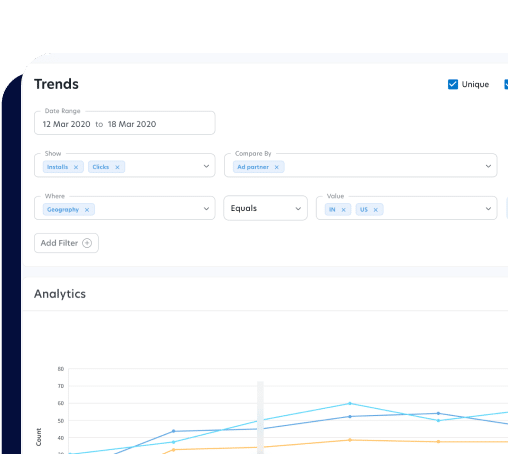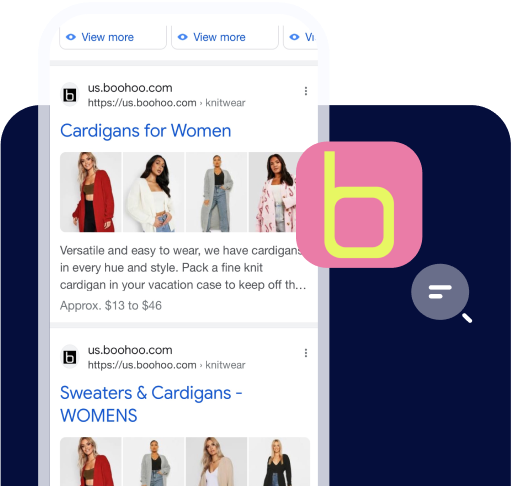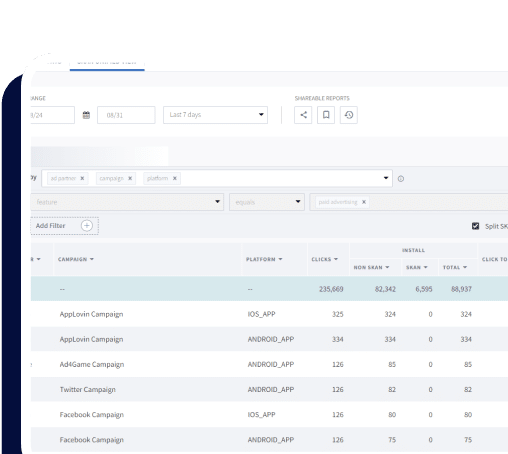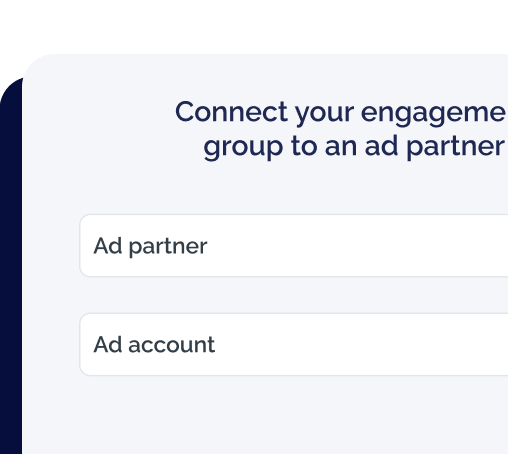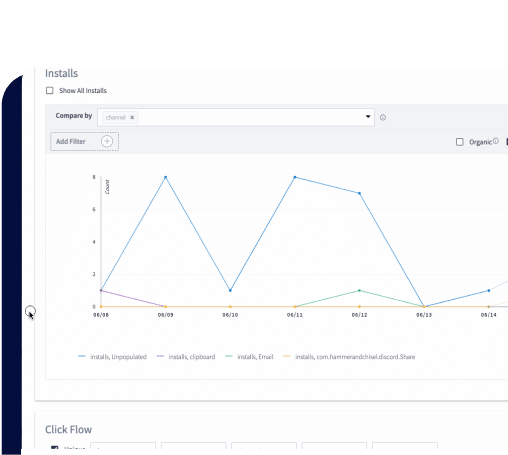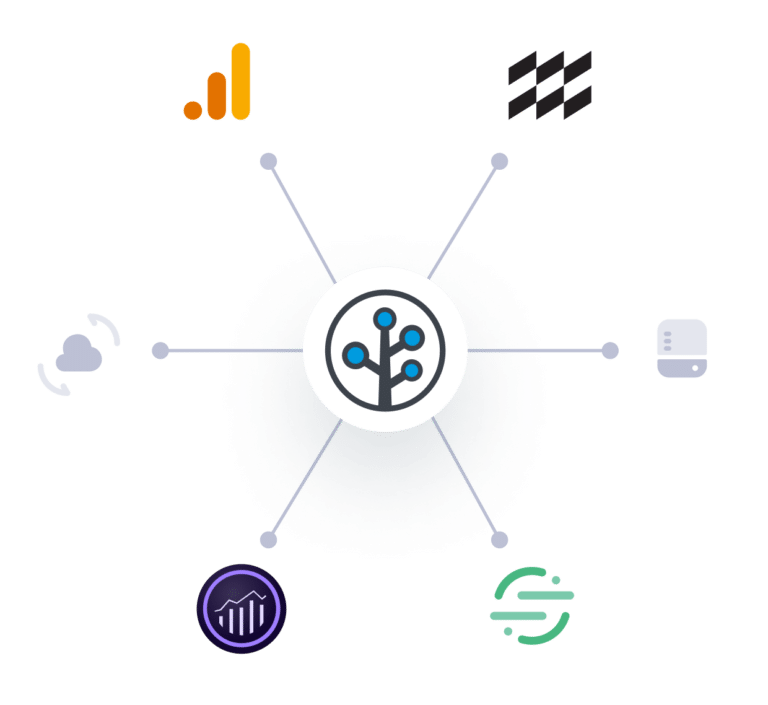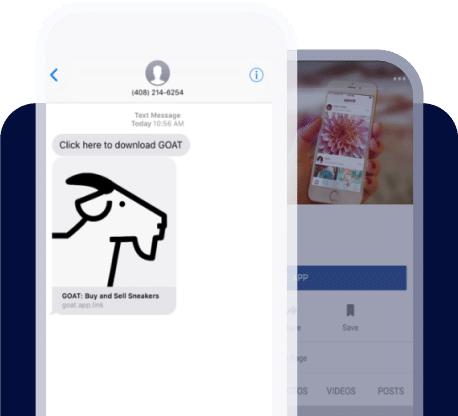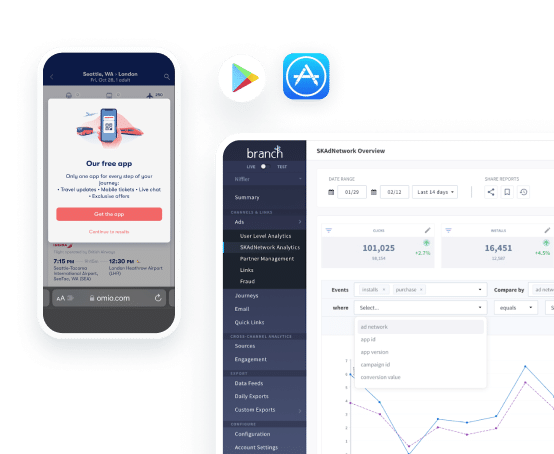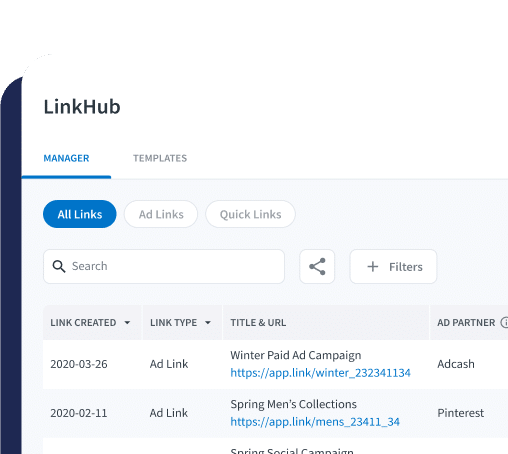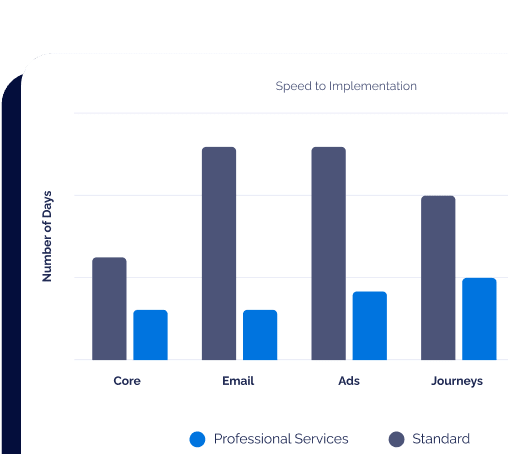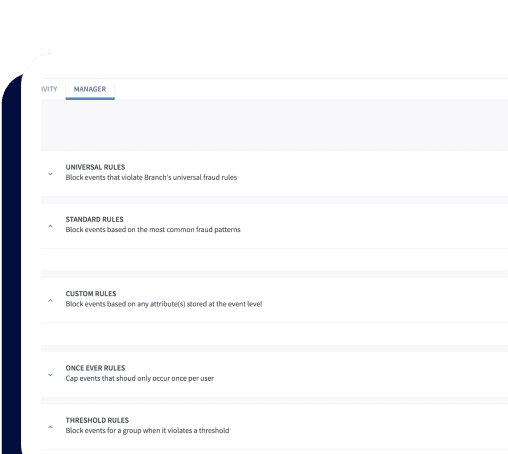What is biased attribution?
Biased attribution is a type of attribution error that occurs when marketers attribute a customer’s purchase to the wrong marketing activity due to a conflict of interest. It can lead to marketers making misinformed decisions when allocating their budgets or when developing new marketing campaigns.
Biased attribution is a term used to describe a measurement platform that has a conflict of interest or has an upside when it comes to attributing traffic, installs, and conversions. For example, if a measurement network like Facebook or Google is also the source of traffic to a brand, they can be considered biased as they provide both the installs and the measurement of those installs. While these platforms actually provide great insights into new users acquisition, conversion, and ROI on their specific platform, it is best practice to also use a third-party, unbiased attribution provider in addition to the measurement provided by the network.
All biased attribution providers and platforms understand the need for unbiased attribution and have formed third-party measurement partnerships that allow third parties to report and attribute traffic, installs, and conversions driven by that network.
Some notable measurement programs:




